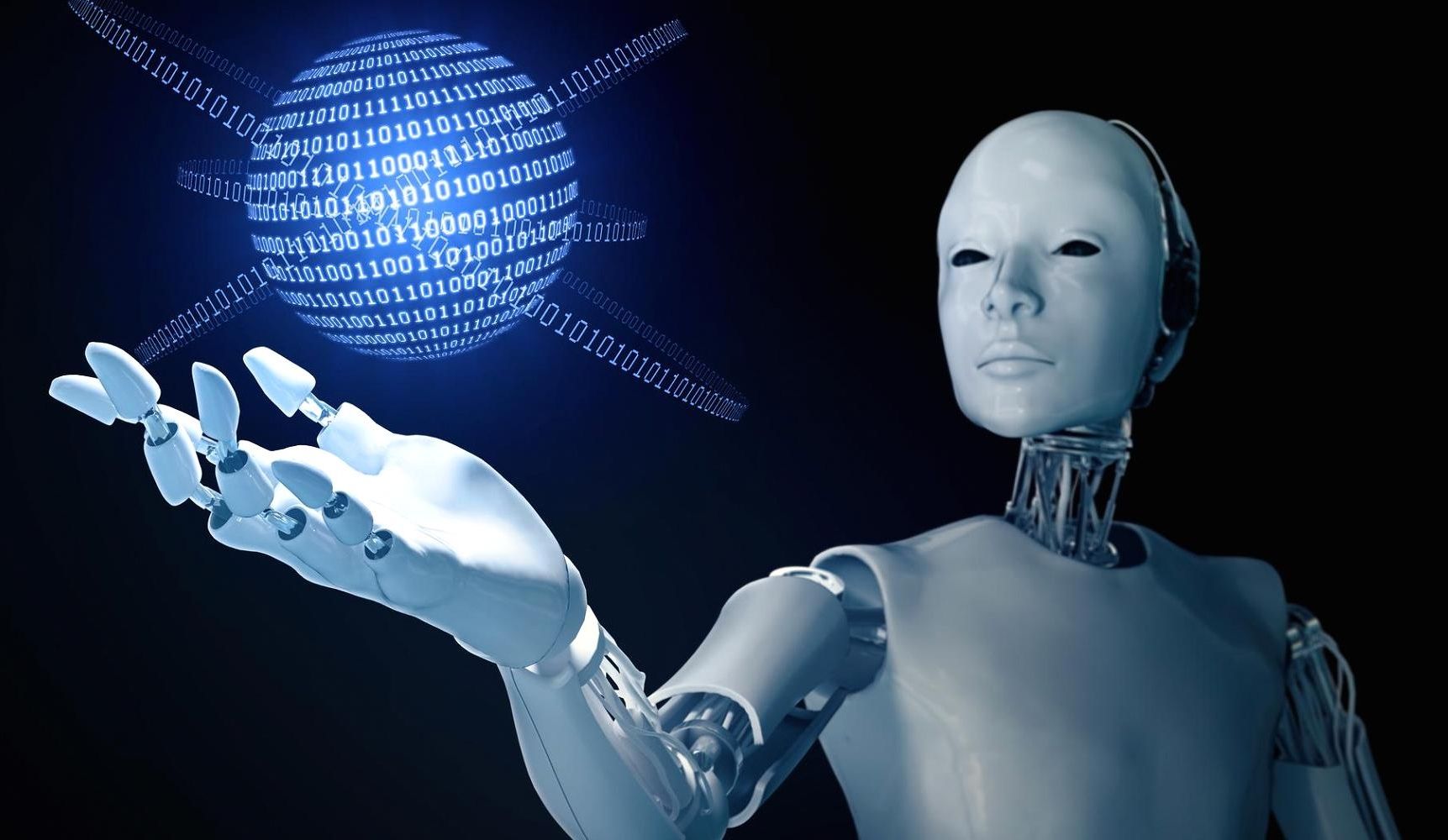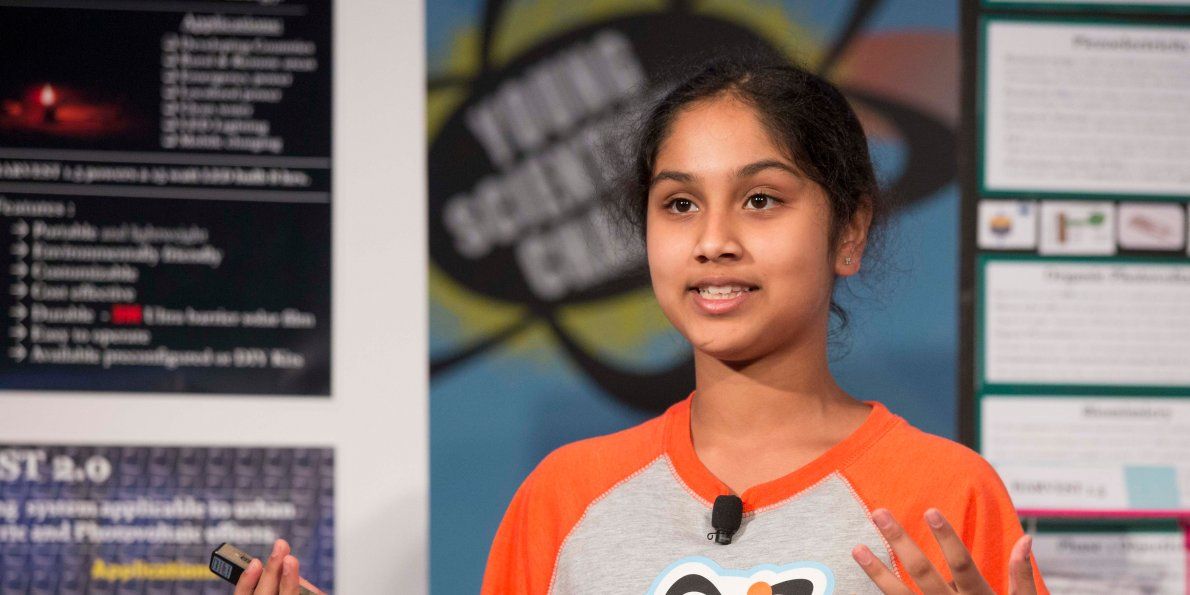Page 10764
Oct 23, 2016
Our Dark-Energy-Dominated Accelerating Universe –“Flimsier Than Previously Thought”
Posted by Andreas Matt in categories: cosmology, physics
Five years ago, the Nobel Prize in Physics was awarded to three astronomers for their discovery, in the late 1990s, that the universe is expanding at an accelerating pace. Their conclusions were based on analysis of Type Ia supernovae — the spectacular thermonuclear explosion of dying stars — picked up by the Hubble space telescope and large ground-based telescopes. It led to the widespread acceptance of the idea that the universe is dominated by a mysterious substance named ‘dark energy’ that drives this accelerating expansion.
Oct 23, 2016
Cartilage from nose is used to repair bum knees
Posted by Dan Kummer in categories: bioengineering, biotech/medical
Using cells from the cartilage in patients’ noses, Swiss doctors have successfully made patches to treat 10 adults whose knee cartilage was damaged by injury.
Two years after the transplants, most of the patients grew new cartilage in their knees and reported improvements in pain, knee function and quality of life.
“We have developed a new, promising approach to the treatment of articular cartilage injuries,” said lead researcher Ivan Martin, a professor of tissue engineering at the University of Basel. The articular cartilage is the tissue that covers and protects the ends of the knee bones, and injuries to it can lead to degenerative joint conditions like osteoarthritis.
Continue reading “Cartilage from nose is used to repair bum knees” »
Oct 23, 2016
Why Space Elevators Could Be the Future of Space Travel
Posted by Klaus Baldauf in categories: materials, space travel
In Brief:
- Expensive, unsustainable rockets have served as our primary means to exit Earth, but space elevators present a cheaper way to enter outer space.
- Although new materials are needed, space elevator missions are in motion and we could see the first elevator constructed in the next several decades.
Getting into space with rockets is ridiculously expensive. A NASA Inspector General report says the agency will pay Russia $491.2 million to send six astronauts into space in 2018. That’s almost $82 million a seat.
Oct 23, 2016
America’s most popular voting guide for elections, political issues, candidates, and poll data
Posted by Zoltan Istvan in categories: geopolitics, transhumanism
Last week my presidential candidacy (an openly nonreligious and transhumanist one) got a big boost when it was added to ISideWith, the most popular site for helping to match you with your best candidate. They currently only have 8 candidates featured still running. Take the 3-minute survey on their site to see who you side with now that I’ll be in the results. https://www./ And, I also participated alongside Gary Johnson, Jill Stein, Eric McMullin and others in their online debate in real time that tracked the 3rd Clinton/Trump debate last Wed. (I didn’t give many answers as I was in the middle of a campaign event that exact same moment in Baltimore, but I still chimed in some supporting science and reason). My answers start about 15 min into the debate:
http://secure.isidewith.com/debate-stream/20161019
ISideWith shows which political parties, candidates, and ballot initiatives match your beliefs based on the 2016 issues that are most important to you.
Oct 23, 2016
This artificially intelligent camera drone can follow its subjects around
Posted by Bryan Gatton in categories: drones, robotics/AI
Oct 23, 2016
How the Universe Could Annihilate Itself at the Speed of Light
Posted by Sean Brazell in category: space

Time now for a very cute video about a rather terrible prospect—the very grim possibility of the universe spawning a lethal bubble of pure vacuum that expands in all directions at the speed of light.
Oct 23, 2016
Artificial intelligence will change the ‘course of our species’: Top Goldman tech banker
Posted by Elmar Arunov in categories: computing, finance, information science, internet, robotics/AI
Artificial intelligence is a “momentous development,” said George Lee, co-chairman of the global technology, media and telecom group at Goldman Sachs.
“As awesome as the internet has been, it will be best remembered as really the predicate for machine learning,” said Lee, who’s also chief information officer of Goldman’s investment banking division. He appeared on CNBC’s “Squawk Alley” on Wednesday from Goldman’s Builders + Innovators Summit in Santa Barbara, California.
The internet enabled computing scale in a network and serves as a way to “collect data that’s used to train all these algorithms,” Lee said, predicting machine learning will “change our world … and even the course of our species in ways that are hard to predict today.”
Oct 22, 2016
This brilliant 13-year-old figured out how to make clean energy using a device that costs $5
Posted by Shane Hinshaw in categories: education, solar power, sustainability
Maanasa Mendu thinks she’s cracked the code on how to make wind and solar energy affordable.
On Tuesday, Mendu, a 13-year-old from Ohio, won the grand prize in the Discovery Education 3M Young Scientist Challenge for her work in creating a cost-effective “solar leaves” design to create energy. In addition to winning the title of “America’s Top Young Scientist,” she gets $25,000 for her achievement.
The leaves, designed to help developing areas in need of cheaper power sources, cost roughly $5 to make.
Oct 22, 2016
Hawking: Creating AI Could Be the Biggest Event in the History of Our Civilization
Posted by Elmar Arunov in categories: futurism, robotics/AI
In Brief:
- At the launch of the Leverhulme Centre for the Future of Intelligence (CFI), the famed scientist warned of a potentially grave future given the rise of AI.
- The work done at CFI could have far-reaching implications for the future of AI, helping shape how the technology is used and regulated.

















